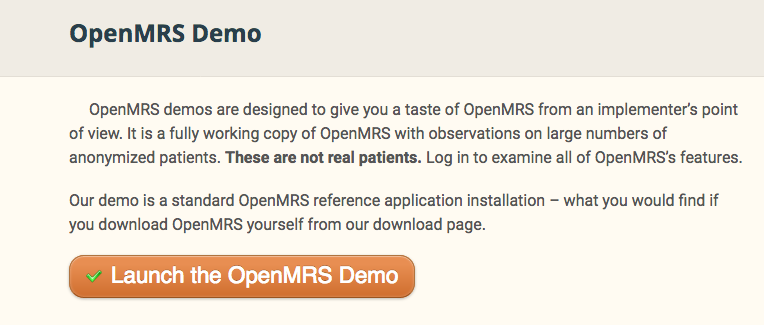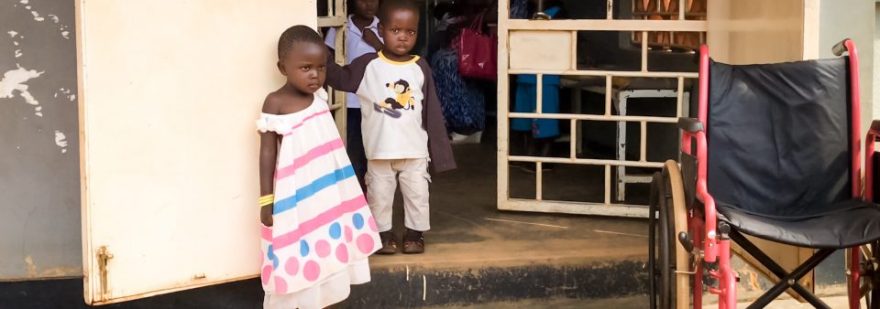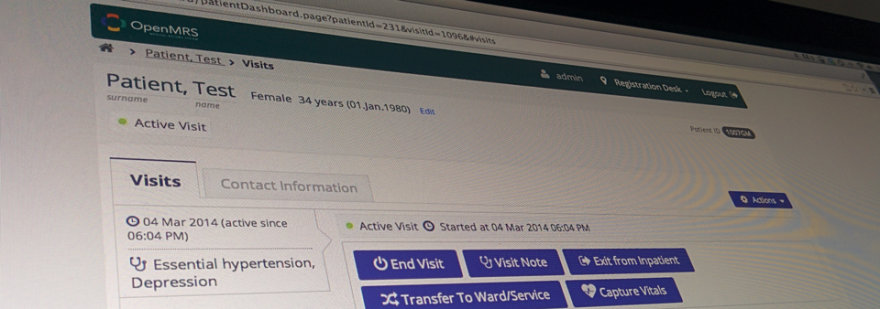In order to explore the intersection between open source design and the healthcare system, I decided to research and specifically focus on analyzing “OpenMRS,” a collaborative project that aims to develop software that supports the dissemination of health care to developing countries. The company’s mission is “to improve health care delivery in resource-constrained environments by coordinating a global community to create and support this software.” The collaborative project began in 2004, and numerous healthcare nonprofits and universities now employ OpenMRS, the University of Virginia included. OpenMRS harnesses the power of an extensive open source electronic medical record platform (EMR), which provides health clinics with the tools and strategies “necessary to support patient care in an easy–to –understand electronic format” (OpenMRS).
One benefit of OpenMRS is that the software can be used to design customized medical records systems, which allows healthcare systems existing in different contexts to personalize their platform. Since OpenMRS is built on a conceptual database structure, “which is not dependent on the actual types of medical information required to be collected or on particular data collection forms,” and so the system can be modified to fit a variety of medical institutions. Private, standardized medical record systems risk becoming incompatible with healthcare facilities that are embedded within distinct geographical and cultural locations. This makes OpenMRS “ideal for creating EMR systems in developing countries (where, for instance, they don’t need the insurance information that a U.S.-based practice might).” Add-on modules and easily accessible API add another layer of flexibility, as developing healthcare systems can continue to customize their EMR.
Most importantly, OpenMRS provides an example of how open source design can catalyze positive social change in the medical arena. Diseases such as HIV/AIDS, tuberculosis, and malaria are pandemic to developing nations, and so “prevention and treatment interventions …require efficient information management.” The majority of heath care programs in developing nations “manage their information with simple spreadsheets or small, poorly designed databases … if anything at all.” OpenMRS offers a solution that can enhance their management tools and minimize the need for redundant duplication requisites.




